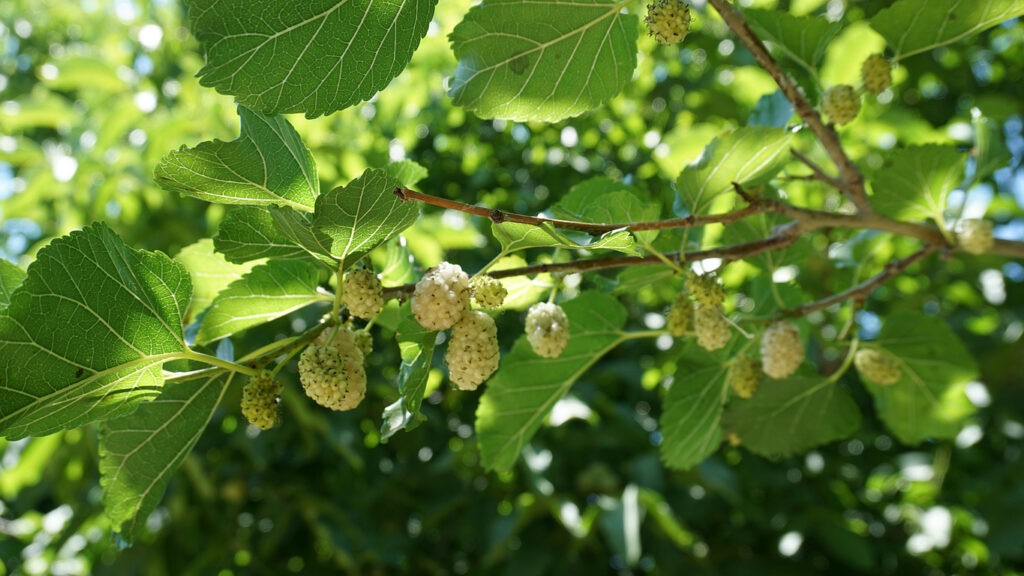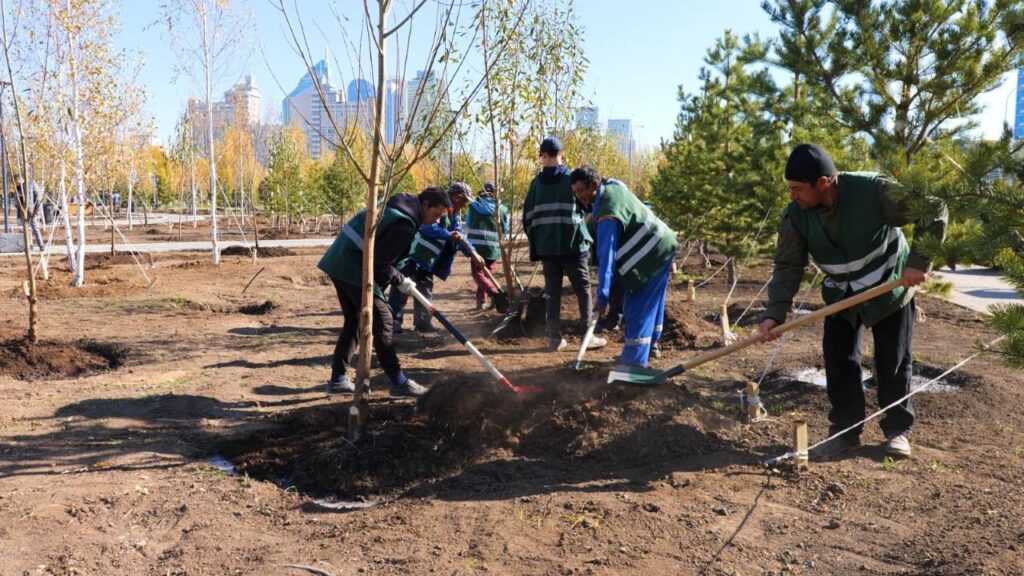Tajikistan to Strengthen Protection of Mulberry Trees
In a move to strengthen its silk industry, Tajikistan's parliament has approved amendments to the Code of Administrative Offences, increasing fines for damaging mulberry trees. Bakhodur Sheralizoda, Chairman of the Environmental Protection Committee, who forwarded initiative, emphasized that the new measures will help protect the environment and restore mulberry plantations, which are vital for silkworms. Under the new rules, individuals damaging mulberry or other crops will face a fine of three to five calculation indexes. In comparison, officials can be fined seven to ten indexes (for 2024, 1 calculation index is 84 somoni, equivalent to $7.50). The final amounts will be approved following the adoption of amendments to the Code. Because the leaves of the trees are the main food base for mulberry silk worms, their preservation is critical for the restoration of an industry which has suffered a sharp decline over the last 30 years. In 1991, the country produced 4,528 tons of silk cocoons but by 2024, this figure had fallen to 361 tons. According to experts, the reason for the decline is a reduction of mulberry plantations, especially on private land on which trees have been felled and sold as firewood. Back in 2021, in an address to parliament , Tajik President Emomali Rahmon, called for special attention to be paid to the development of silk farming, emphasizing its importance in creating jobs, especially for women and girls. To encourage cocoon processing, he also waived land tax for a period of ten years on areas where mulberry trees are grown. Despite such measures, the situation barely improved. In response and to achieve its aim of increasing silk production to 1,867 tons by 2027, the Tajik government has introduced a program to plant over 4.3 million mulberry trees across the country. The total area covered by mulberry trees in Tajikistan is currently about 5,500 hectares. In addition to their economic importance, mulberries play an essential role in environmental conservation. Mulberry trees prevent soil erosion and the spread of dust storms. Also of note, is that rich in vitamins C, K, iron, and potassium, the berries provide an important food source and are widely used in traditional medicines. Additional measures to protect mulberry trees include strengthening local authorities' control over land allocation for new plantations and preventing the felling of existing trees. A comprehensive approach, including economic incentives and administrative measures, is expected to help Tajikistan bring silk production back to its previous level and make it one of the country's leading agricultural sectors.



